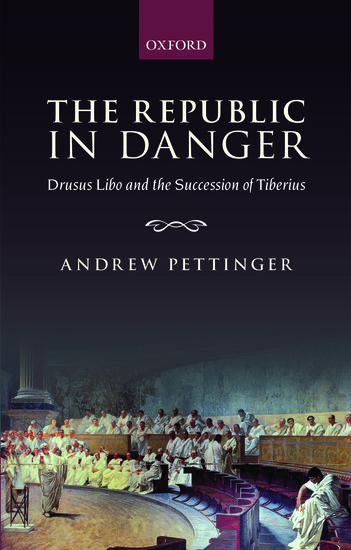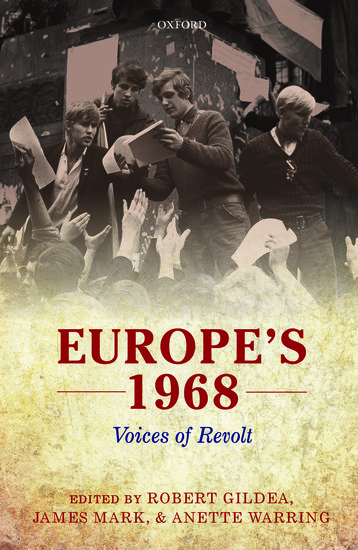By William Doyle
Two hundred and twenty years ago this week, 5 September 1793, saw the official beginning of the Terror in the French Revolution. Ever since that time, it is very largely what the French Revolution has been remembered for. When people think about it, they picture the guillotine in the middle of Paris, surrounded by baying mobs, ruthlessly chopping off the heads of the king, the queen, and innumerable aristocrats for months on end in the name of liberty, equality and fraternity. It was social and political revenge in action. The gory drama of it has proved an irresistible background to writers of fiction, whether Charles Dickens’s Tale of Two Cities, or Baroness Orczy’s Scarlet Pimpernel novels, or many other depictions on stage and screen. It is probably more from these, rather than more sober historians, that the English-speaking idea of the French Revolution is derived.











